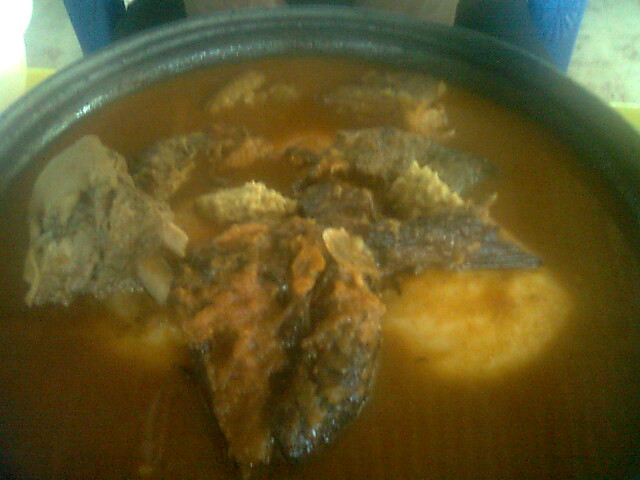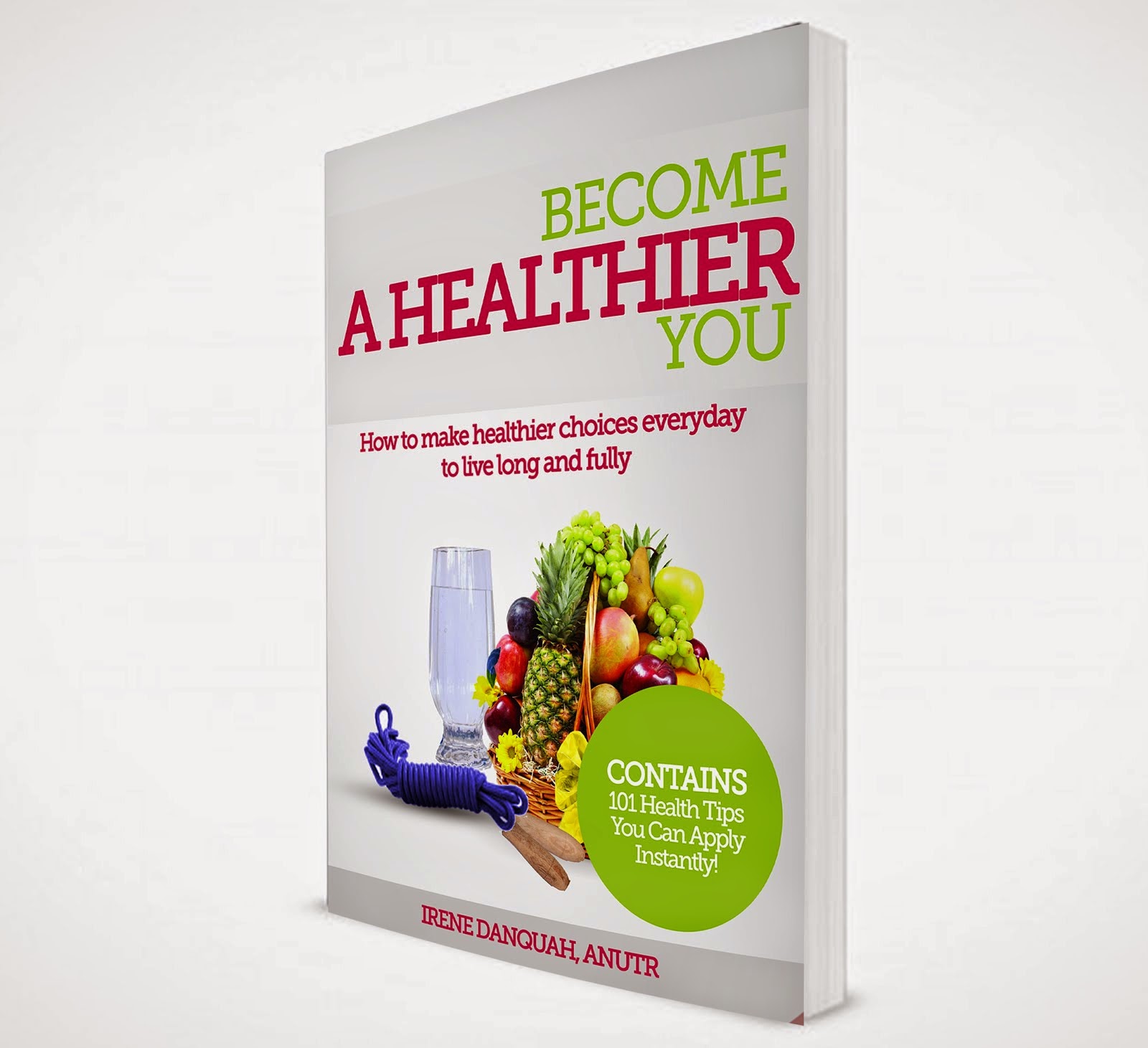Days leading
to the end of the year are demanding. Plans, strategies and timelines to
achieve the following year’s objectives need to be drawn so one hits the ground
running on the first day of the New Year. Yesterday was one of such days. I therefore
came home very tired with supper on my mind. Just when I finished dinner, I heard
my phone ringing, as though the person calling knew I was done with dinner. The
truth is I had forgotten about my phone all day but not my packed lunch and
snack. While I placed my lunch and snack at a place where I would easily see to
remind me to re-fuel my system (body), I just left my phone unattended to in my
bag. I got to my bag only after the call has dropped and realized it was from
one of my girlfriends. Before I could call back, her message came through, this
only required an SMS reply from me.
After
replying her message, I switched on my laptop to check and reply the emails,
Facebook messages and comments I have received. And it was in the process of
doing these activities, I got reminded of the return leg of the World Cup 2014
Africa qualifiers between the Black stars of Ghana and the Pharaohs of Egypt
through Newaccra. Who else but Newaccra to blog (Ghana vs Egypt), and post on this match to
remind me? And truly they tell the African story in a beautiful way.
The Newaccra
post however got me thinking of how supporters of each team will be celebrating
should the victory go in their favour. If what I have seen in the past is
anything to go by, then expect the drivers to be hooting their horns, music
being played on the highest volume, the drinking spots (pubs) full with bottles
of alcoholic drinks being empty among others. The drinking of alcohol, which is
mostly exceeded by people in celebrating their team’s victory, got my public
health nutrition head worried throughout the night; I could not sleep but to
write this post to ask how you celebrate a happy event. Do you also empty
bottles of alcoholic drinks exceeding your alcohol intake to celebrate an event?
A happy event
might be once a while and exceeding your alcohol intake on such occasions should
not be a big deal, many might say but I also know that, little drops of water
make a mighty ocean. This therefore means developing a behaviour of regularly
exceeding your alcohol intake will be in the pipeline (like it is mostly said
in Ghana, just that this pipeline is likely to be short), putting an individual
at risk of liver diseases, reduced fertility, high blood pressure, increased
risk of various cancers and heart attack among others.
These risks
are not only associated with
exceeding alcohol intake regularly as the recommended amount of drinking
alcohol by a person does not imply, an individual is safe from alcohol-related
problems. Drinking the recommended amount of alcohol only put you at a lower
risk of the alcohol-related problems mentioned in the previous paragraph as drinking alcohol is never completely
safe. Drinking the recommended amount of alcohol only minimize your risk
of alcohol-related problems. As I mentioned the recommended alcohol intake in
my previous post on alcohol, I will not bore you with a repetition of it. If
this your first visit to this blog or you might have forgotten, click on this "I watched him the entire night" to read.
The harmful
effects of alcohol are often hidden and only emerge after some years.
Unfortunately by then, serious health problems could be developed, which is
most likely going to prevent you from enjoying life to the fullest, living it
to the longest as well as preventing you from contributing effectively to the
economy of your society.
Let’s cut
down on our alcohol consumption and if possible avoid it, as the harmful effect of alcohol depends on how much we drink.
May the best
team win.



















